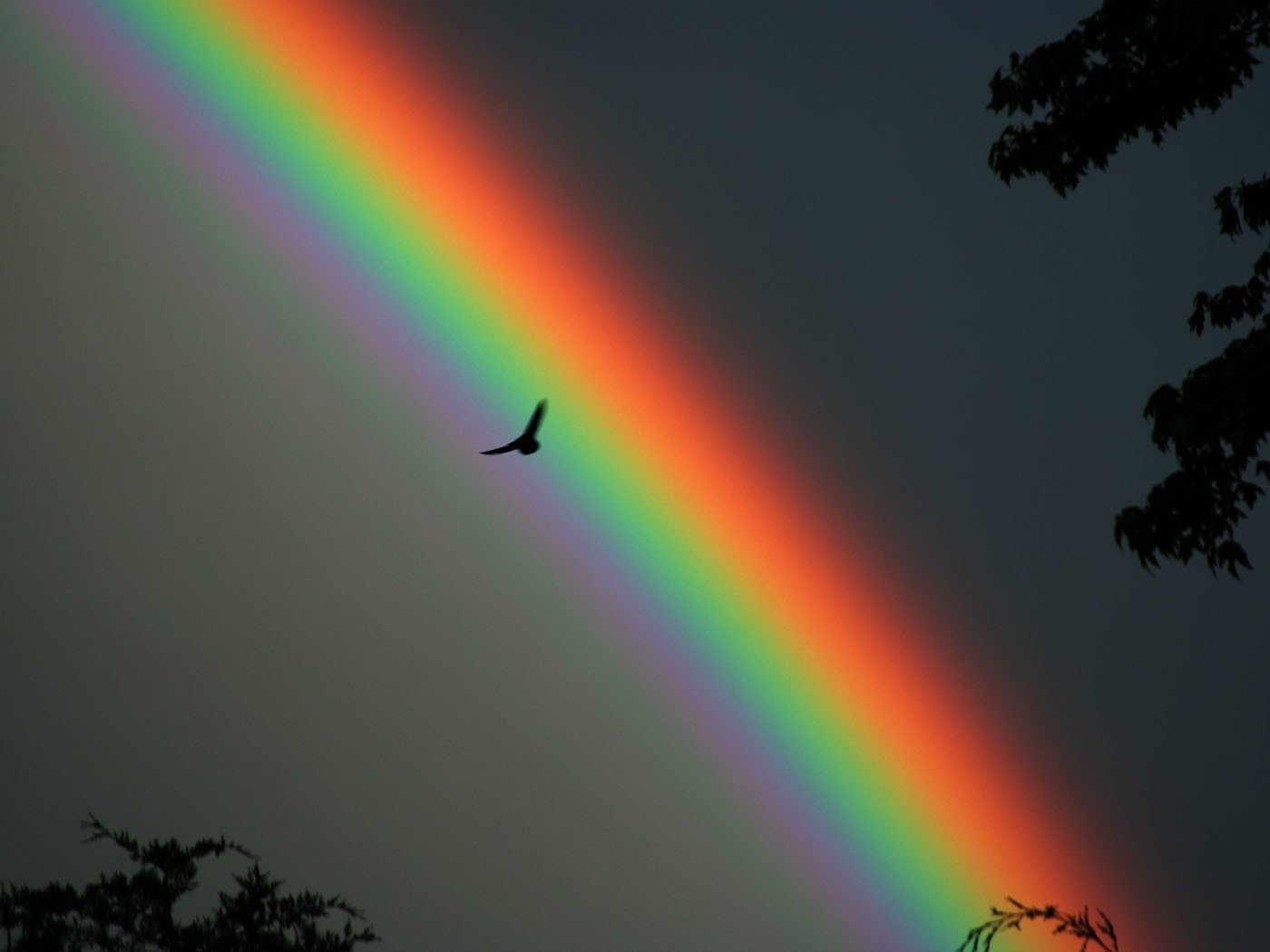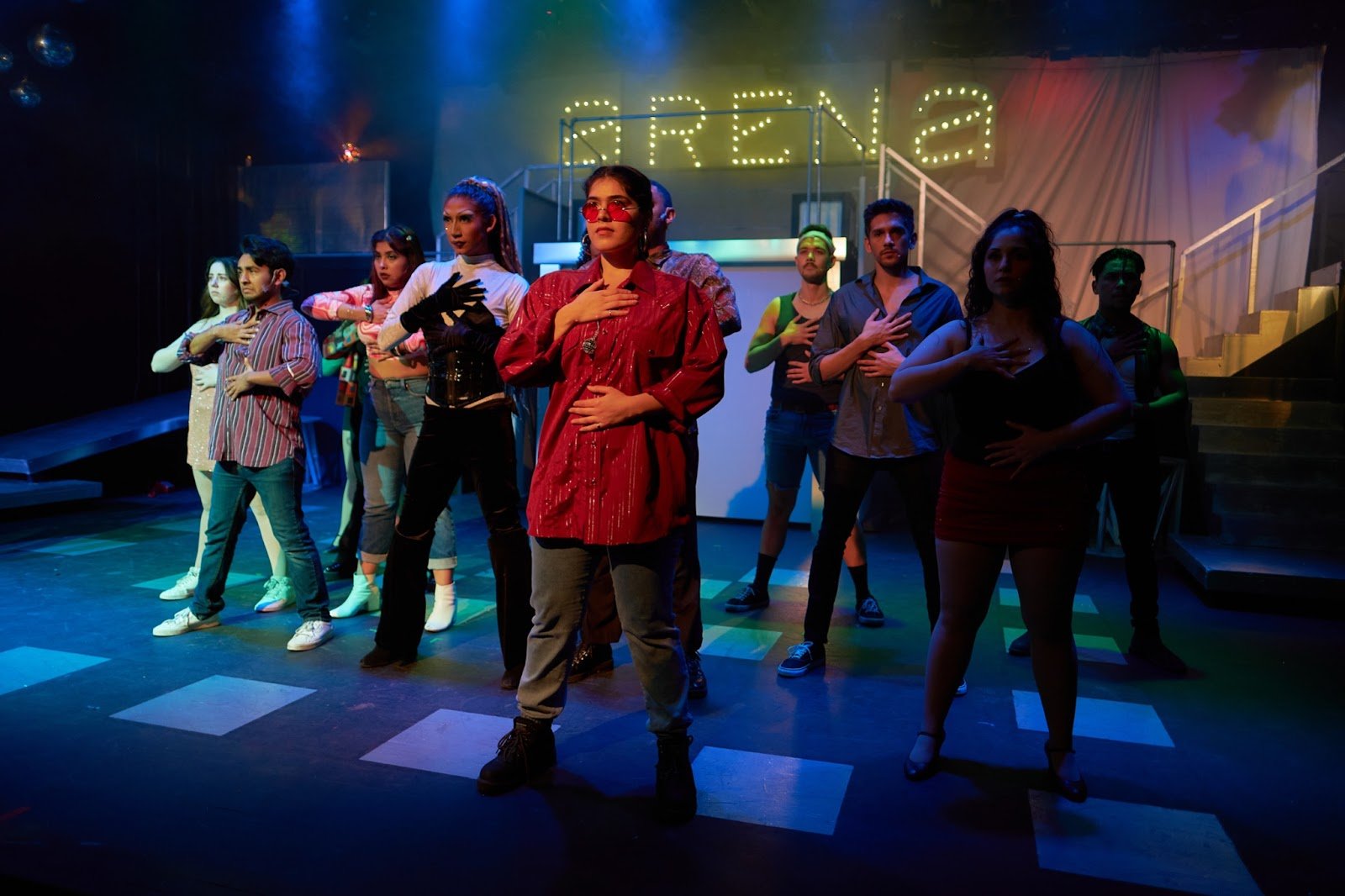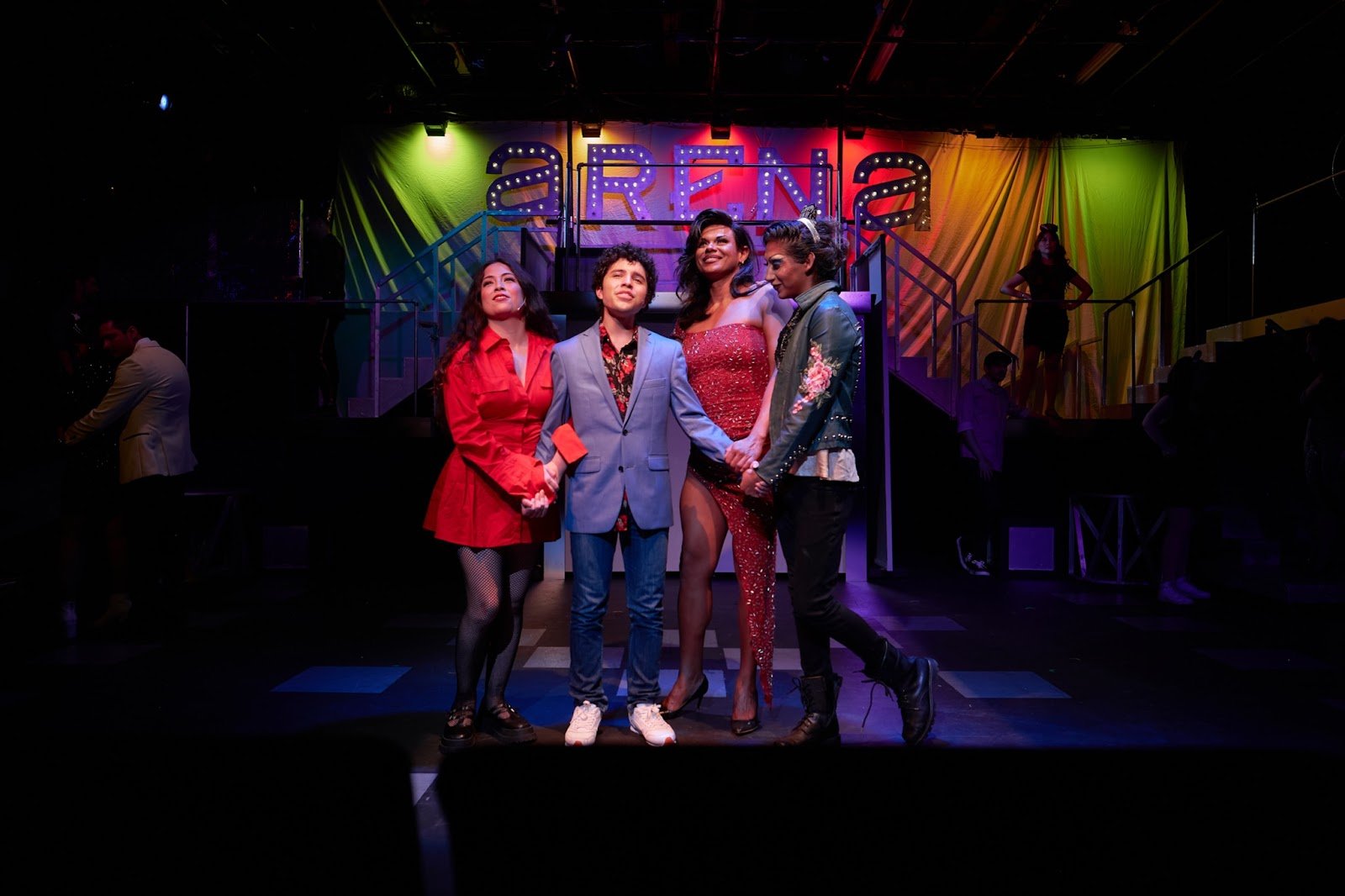Nuestro Llanto
Dr. Felipe Hinojosa talks to Felipe E. Agredano and Daniel Ballon-Garst about the queer Apostolic history that dates back to the early 1900s
HTI Open Plaza enters Pride Month 2024 with a discussion among historian Dr. Felipe Hinojosa, Felipe E. Agredano, a professor of ethnic studies and Chicano studies, and Emory University doctoral candidate Daniel Ballon-Garst about the long queer Apostolic history that dates back to the early 1900s. At the time, the movement was taking hold in Los Angeles, where Spanish-speaking Mexicans and Mexican Americans were part of the church's outreach.
Agredano, a third-generation Apostolic Pentecostal, has facilitated the Apostolic Round Table for LGBTQIA+ Pentecostals for nearly two decades. He has been part of the production team of the documentary Nuestro Canto (1995), a history of the Apostolic Church in song, and a member of the Harvard University Kuumba Singers. Agredano was also the executive producer of the musical Arena: A House MUSIC-al (2019), a coming-of-age story written by Abel Alvarado about a gay man growing up in a devout Apostolic family in 1990s Los Angeles.
Ballon-Garst’s research at Emory involves a historical study of black and brown queer Pentecostals and Evangelicals in the United States in the twentieth century, drawing connections from these historical movements and actors to current queer religious movements, including queer transnational religious movements in sub-Saharan Africa and Latin America.
"If we look at the 1920s,” says Agredano, “some of the early [church] musicians [who] were involved and were not out–and perhaps never out–in public, they were participating. They were doing ministry. They were suggesting songs, liturgy. They wrote the message of the Apostolic church." The first church that was purchased, he explains, was in “Calexico, California, right across from Mexicali, the Mexican border…and we can trace back the participation of the ministers of music who were not out, who were living alternative, non-normative lifestyles, never married, yet they were still participating."






